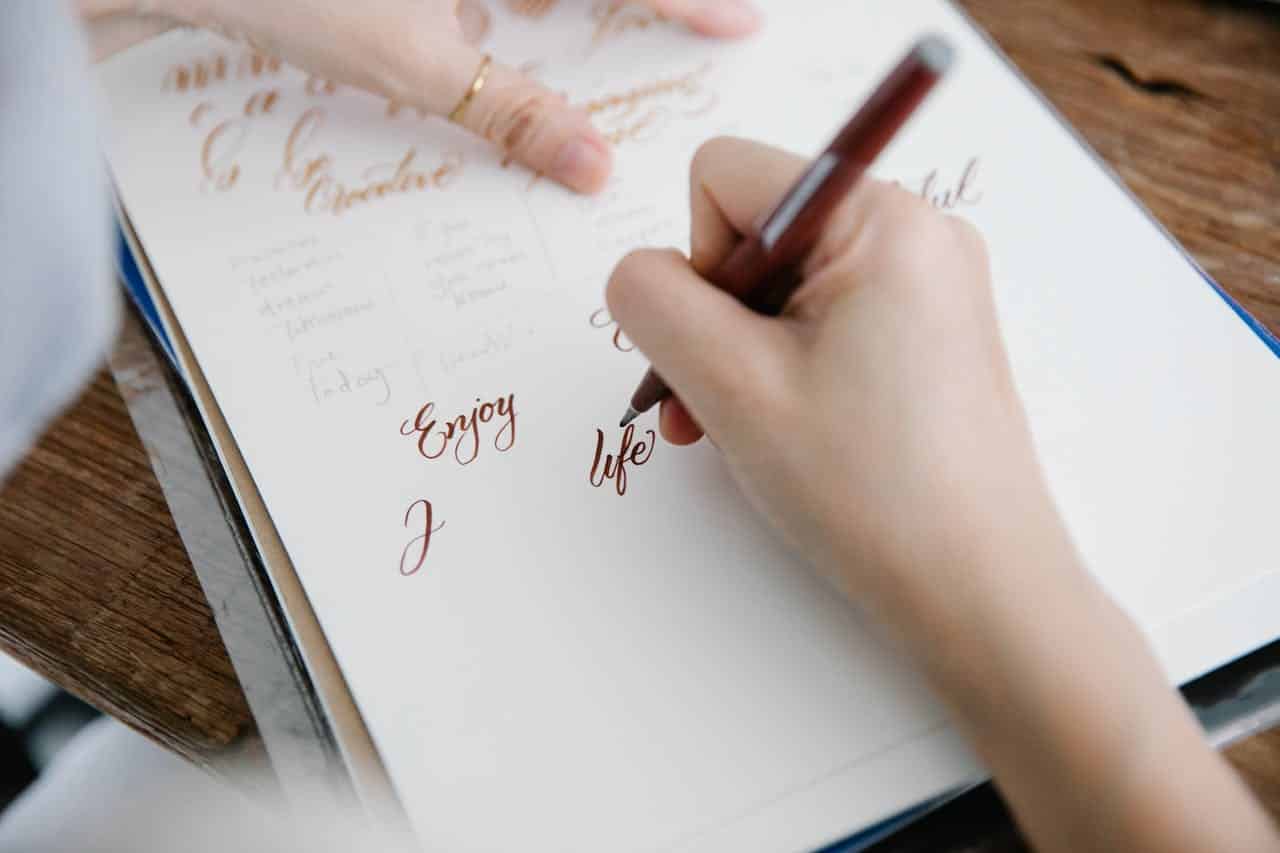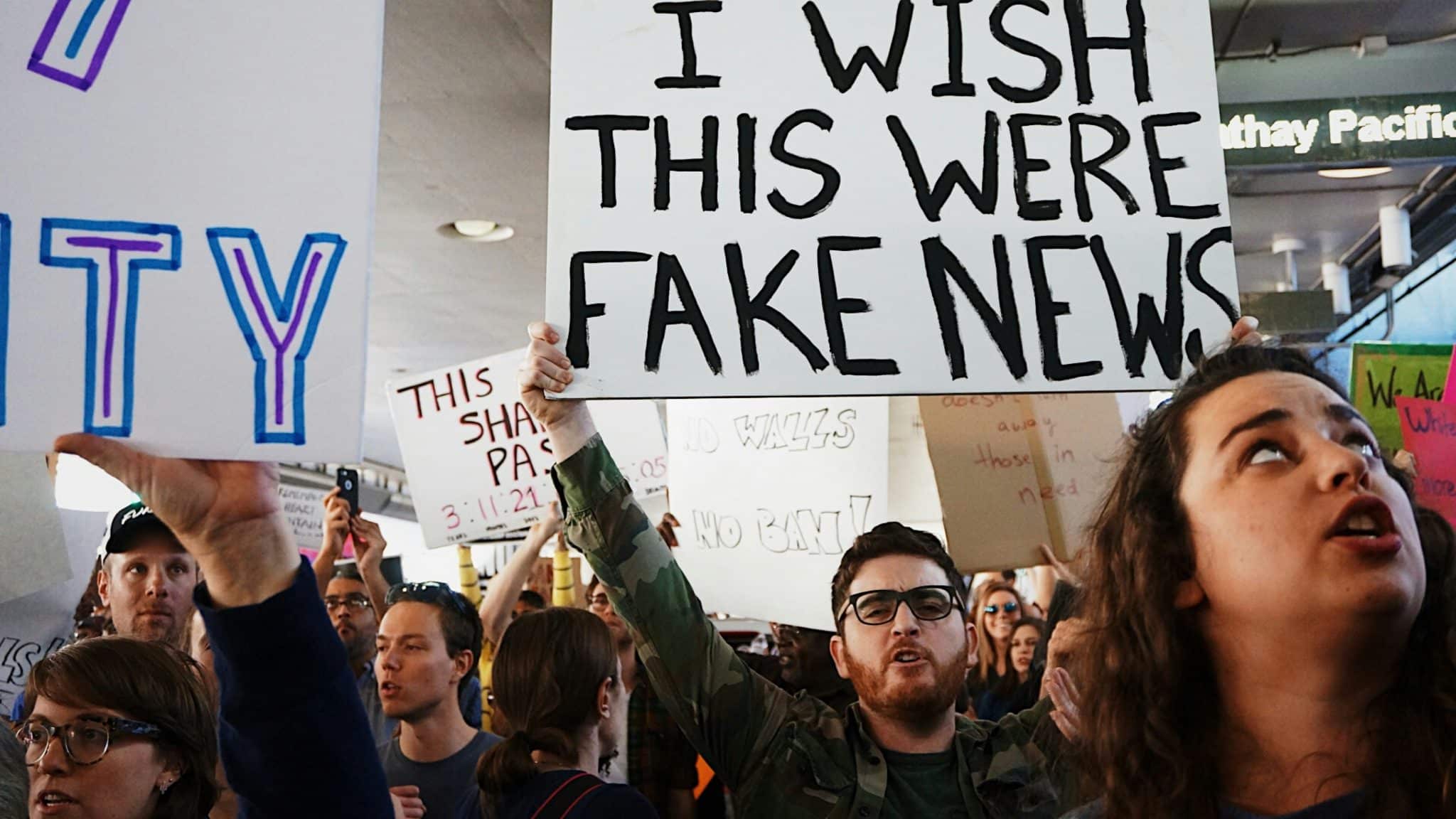Erin Blakemore: Taming Distraction to Tell Important Stories

At Freedom, we love our users – not just because they use our product, but because they’re cool – cool people working on cool stuff. Academy Award-nominated screenwriters, bestselling authors, editors, journalists, developers, illustrators, designers, academics, coaches, podcast hosts, comic book writers, explorers, and entrepreneurs – the Freedom community is packed with curious, creative, and passionate go-getters. We love to share their stories, advice, and process because how better to learn about productivity than from the productive?
Meet Erin Blakemore.
Erin Blakemore is a Freedom user, journalist, and author from Boulder, Colorado. Her work on history, health and science, and the unexpected has appeared in outlets like The Washington Post, National Geographic, NPR, The Atlantic, Smithsonian, Popular Science, History.com, and more. Her first book, The Heroine’s Bookshelf was also the winner of the Colorado Book Award for non-fiction.
So this week, we sat down with her to learn a little more about how she beats distraction to do the writing that matters.
How did you know that you wanted to be an author and journalist and what were your first steps in making this your career?
I’ve always been drawn to words and books—one of my first memories is being angry that adults could actually read. In my early twenties, I found myself working in a totally unrelated field. I was antsy and unfulfilled, and during some down time at work I decided to see if I could sell an article to a newspaper. To my surprise, I did. Then I did it again…and again. A few months later, I quit my job to see if I could support myself with my writing. I’ve never looked back.
At what point did you realize that tech was taking a toll on your productivity, time, and relationships? When did you know that you had to do something about it?
I have to be extremely online for work, and I’ve always wondered how to tame my internet habits. Social media is really important to me; I work from home, and my colleagues and extended network are all online. But at some point around the election I started to notice how riled up I could get by those conversations, and how deeply I am affected by the news I have to consume to stay up to date. I realized that my commitment to witnessing this historical moment, talking to others, and reading other people’s stories was getting in the way of telling important stories.
That said, I can’t deny the important role Twitter especially has played in my career. It keeps me connected to colleagues and friends, lets me express myself, opens the door to conversations with readers, and has built up both my audience, my brand, and gotten me assignments. I don’t want to leave social media behind, but I also need to exercise moderation so I get work done.
How do you prioritize what gets your time and attention each day?
My to-do list can be seriously depressing. There are the things that HAVE to get done, but there is a whole confused bucket of stuff hanging just below that can fester and get seriously stressful. The only way to get anything done is to let that bucket be until I’m done with the most pressing things on the list. If I didn’t prioritize, I’d drown. I live and die by deadlines, so that work comes first. I recently bought a to-do list pad at one of those discount retailers. It has squares that represent each day of the week, and only six lines per day. I use it to track the essentials—deadlines and must-finish deliverables. It helps me focus on the important stuff and remember what I’ve accomplished.
How do you stay focused and motivated on a daily basis? Do you have a routine, ritual, or process that helps to get into a productive flow?
Deadlines help a LOT. If it doesn’t have a date attached to it, it won’t get done. (Like this interview…it’s been languishing at the bottom of my inbox for months, to my shame!) Usually, deadline dread gets me typing. That said, I’m still working on how to get my day rolling. Until I close up all of the distractions and really engage with my to-dos, I feel scattered and desperate. Closing social media helps. So does closing the door. And when I really need to focus, it helps to turn on some music. My Spotify history is hilarious; when I find an album, song or playlist I really like, I’ll put it on repeat for weeks.

How do you optimize your environment for productivity and focus? How do you incorporate Freedom into your schedule?
I try to close the approximately 2 billion “to read” tabs on my browser whenever possible. Pocket helps with this; much of the time, I forget about what I considered a must-read piece until I peek into the app during some rare downtime. I pride myself on being able to work anywhere (I’m the oldest of four and learned to tune out noise and chaos while doing my homework in the midst of the madness), but truth be told, the fewer visual distractions, the better. It may just be a procrastination technique, but sweeping the clutter off my desk helps me work. So does Freedom. I turn it on whenever I feel too tempted to check in, or when I need a self-imposed time-out from my endless socializing and reading.
What is the most difficult or challenging aspect about your work or working process? Do you have any strategies that you use to help overcome these challenges?
Balancing present and future is a huge challenge for me right now. I’m the breadwinner of my family of three, so I need to keep the work flowing now. But I also have goals and aspirations, and I need to work toward those while I keep 900 plates spinning. Sometimes it helps just to remind myself how productive I really am. Last week I was feeling down on myself and comparing myself to some of my colleagues. I bemoaned my lack of productivity and what I saw as a few fruitless time sucks that week. Then I reviewed my to-dos from the week and realized I had filed SEVEN PIECES. This taught me two things: I actually crank out an almost inhuman amount of work on a regular basis, and my standards are way too high. Acknowledging my efforts helps a lot.
What resources or tools do you use daily and have found most beneficial to your working process?
The list is long. Freedom, of course! I write most of my pieces in Evernote, then switch to Microsoft Word before filing. (I file many stories in Google Docs, but I always save them in Word out of an abundance of caution and a grumpy irritation about the confusing track changes features). I use Scrivener for my book projects. Dropbox helps me feel like I am not going to lose everything I’ve ever written. I tape interviews with TapeaCall Plus and use Trint for quick-and-dirty, AI-powered transcription. (When I do Skype interviews, I use ECamm’s Call Recorder app). Mac Messages and WhatsApp keep me connected to essential friends and colleagues. Pocket helps me remember what I should read, and Gmail keeps over a decade of emails at my fingertips.
What projects are you currently most excited about?
Recently, I’ve been writing 500-word explainers on a slew of historical topics for National Geographic. The assignments can seem almost impossible—could you summarize a topic like “race vs. ethnicity” or “World War I” in just 500 words? But they end up stretching me in some fun ways, and I love the challenge. I’m proud of the results, too! Recent pieces include the Chernobyl disaster and the 19th Amendment. And I’m always thinking of new angles for stories about the topics that intrigue and infuriate me most, like women’s history and the Holocaust.
What do you do outside of your work routine that helps you stay healthy and productive?
Yoga is my “cheaper-than-therapy” therapy, and I try to get outside at least once a day. Living against the gorgeous foothills of the Rocky Mountains doesn’t hurt. I also prioritize connections with friends and family. They help keep me balanced and put things in perspective. Some things are much more important than work or productivity.
To learn more about Erin Blakemore or her work, you can visit her site at ErinBlakemore.com or follow her on Twitter at @heroinebook


